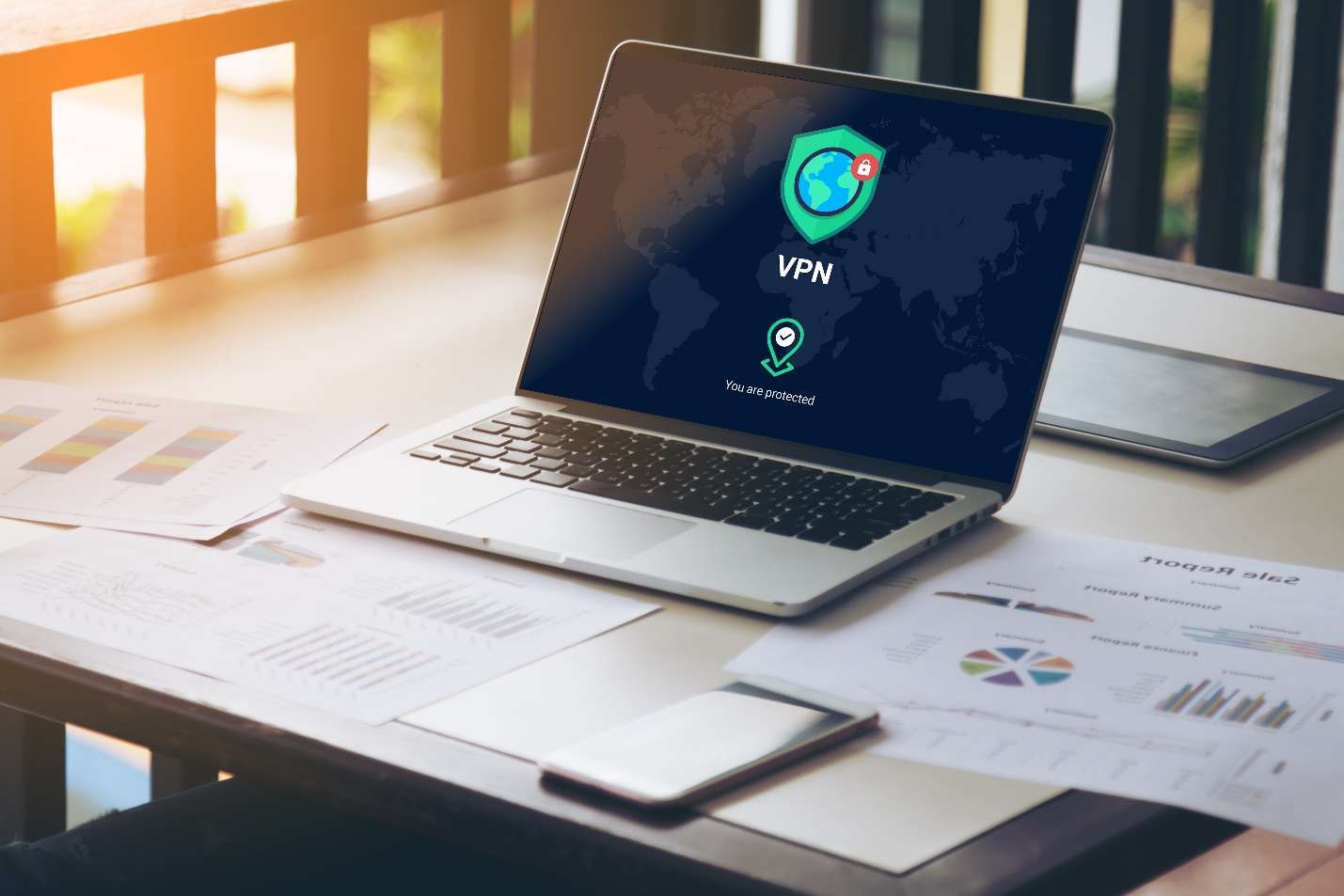Mozilla VPN encrypts gateway to the Web from every software or application on your computer, tablet, or smartphone; users can connect safely while also concealing part of your information. This is achieved by allowing users to link with one of our companies’ secure networks and search the Web or surf the Network via that server’s connectivity.
Mozilla VPN such as VeePN Firefox can be used on up to 5 devices with your membership. Each profile counts as a unit if Mozilla VPN is running on several profiles on the same device.
Few of the frequently asked questions by people on how to use Firefox VPN are:
Contents
What is VPN?
A virtual private network (VPN) links a secure network throughout a public site, allowing users to transmit the information as if their computer equipment were physically connected to the secure network.
A VPN’s central objective is to conceal your internet traffic. VPNs are frequently used to protect from hackers and snoopers on open Wi-Fi, although they may also be used to hide your IP, surfing activities, and private details on any Wi-Fi connection, including your own.
What is the best free VPN for Mozilla?
VeePN VPN for Mozilla is one of the most widely used free VPNs for browsers. VeePN VPN offers over 2500 servers spread throughout the globe, serving a wide range of areas. To get going, all users need is a free-of-cost VeePN account. You can use it absolutely free, as well upgrade your account to premium.
The add-on will assist you in unlocking websites, enhancing your online privacy, concealing your geolocation, and avoiding harmful web pages. In addition, the VPN protects all of your device’s connections.
How does a VPN Work?
A VPN masks your IP by allowing the network to route it via a VPN owner’s specially modified distant server. When you use a VPN to use the internet, the VPN will become the supplier of your information. This means that your Internet Provider or other third – party will be unable to see which sites you browse or the information you transmit and receive over the web. In addition, a VPN acts as a filter, converting all of your info into gibberish. So that if someone managed to obtain your information, it’d be meaningless.
Is a VPN necessary?
Cyber snoops might follow your online behavior if you use open Wi-Fi, be it on your laptop or your smartphone; therefore, utilising a VPN is vital for online privacy anytime you connect to the web from a public place.
When should I use VPN?
Almost all the time. It will safeguard your online activity and safeguard your information from cyber. Advertisers and ISPs will be unable to obtain viewing your data as a result of this setting. However, there are instances when you will have to suspend it, such as while accessing local material or connecting to any device near you, such as a scanner. If that’s the scenario, VPNs with a pausing feature will help connect to nearby devices and sites without disconnecting from your VPN.
How do I know if VPN is installed?
Choose the Networking icon right of the bar and see if you are linked to VPNs while doing other activities on your computer, then check if the VPN service displays Connected.
Do I have a VPN on my computer?
Few of the computers already have a built-in VPN, for example, windows. However, some of the users will have to install it. Instructions on how to install are mentioned below.
Instructions for installing VPN in Mozilla
Using Firefox extensions, you may quickly and easily arrange your VPN connection on your computer. This tutorial will explain how to do it and some helpful hints to make things go as smoothly as possible.
It is also quite simple to set up, and it will not take over a few minutes.
- Install a VPN Add-on : This is the fastest and most straightforward way. It is also the best option to acquire a VPN on Mozilla, with some limitations. It is simple to set up an add-on: The application’s download URL may be found on the site of your VPN or in the Firefox add-ons repository. It is critical at this stage to double-check that you have downloaded a simple add-on from your VPN service, not a forgery. You will be OK if you install the add-on straight from your company’s website. False add-ons are not prevalent, and they are typically easy to spot (with strange logos or designs), but it is still a good idea to be cautious.
- Download the extension by going to your supplier’s page and clicking “Get Extension” or by going to the add-on collection and clicking “+ Add to Firefox.”
- In the upper left corner of your web browser, the extension will appear.
- To use the VPN or change any of the configurations, select the icon. Users will have to sign in for some add-ons. However, VPN can identify if you have signed into the desktop version.
Is there a VPN built into Firefox?
Firefox has its VPN service, Firefox Private Connection, accessible as an add-on to the Mozilla browser window. This is not a true VPN; like so many other “VPNs,” it does disguise your Ip. The Mozilla browser add ons is now open, but it is planned to become a paid feature. The addon does not connect to a specific location. In reality, Cloudflare, the company that offers the Firefox function, states in its privacy statement that “avoiding geographical constraints is not the purpose.” There is nothing problematic with the Mozilla Firefox proxy. However, it appears to lack a few of the basic functionality that other proxies provide and most of the protection that a complete VPN offers. While we suggest Mozilla as the finest browsing for safety, we cannot say the same about its VPN plugin.


